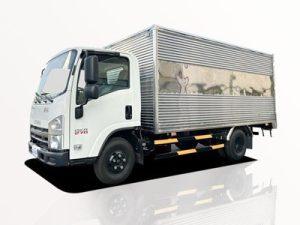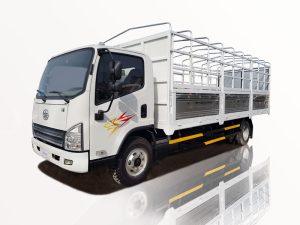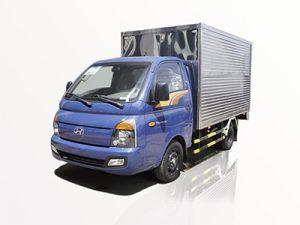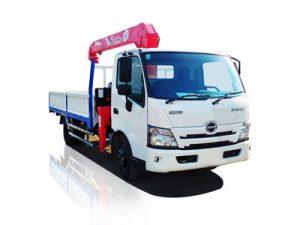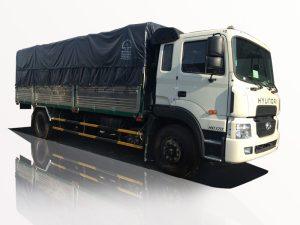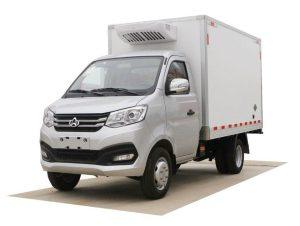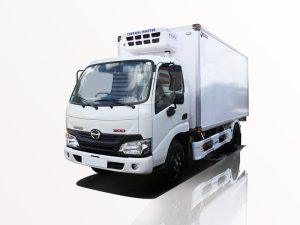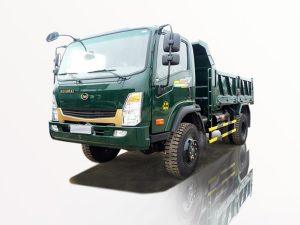Monday to Saturday - 8:00 -17:30
Japanese Tow Trucks: A Comprehensive Guide
Introduction
Japanese tow trucks have gained a reputation for their reliability, efficiency, and innovative technologies. Whether you are looking to understand their functionalities, explore different types, or learn important maintenance tips, this guide will provide you with all the information you need about Japanese tow trucks. From their unique features to the services they offer, here’s a deep dive into the world of Japanese tow trucks.
1. Understanding Tow Trucks
1.1 What is a Tow Truck?
A tow truck is a vehicle designed to transport other vehicles. These vehicles are equipped with tools specifically meant for moving cars, trucks, and other vehicles that are disabled or improperly parked.
1.2 The Importance of Tow Trucks in Japan
In Japan, tow trucks play a crucial role in maintaining traffic flow and assisting drivers in distress. With a dense population and busy roadways, reliable towing services are essential for road safety and convenience.
2. Types of Japanese Tow Trucks
2.1 Flatbed Tow Trucks
Flatbed tow trucks feature a long, flat surface for vehicles to rest on while being transported. This type is ideal for carrying cars that cannot be driven, such as those involved in accidents or those requiring extensive repairs.
2.2 Hook and Chain Tow Trucks
Although less common now, hook and chain tow trucks are traditional vehicles that use chains to lift the front or rear of the vehicle. They can be effective for hauling vehicles but may cause more damage to the car being towed.
2.3 Wheel-Lift Tow Trucks
Wheel-lift tow trucks use a lifting mechanism that grabs the wheels of the vehicle, allowing for easy transportation. This design minimizes damage to the vehicle and is commonly used for light-duty towing.
2.4 Integrated Tow Trucks
Integrated tow trucks combine the capabilities of tow trucks and are often equipped with additional features like extra storage and advanced lifting systems. They are typically used for heavier loads and more complex towing situations.
3. Features of Japanese Tow Trucks
3.1 Advanced Technology
Japanese tow trucks often come with cutting-edge technology, including GPS tracking, remote control operation, and automated loading systems. This technology enhances efficiency and offers better service to customers.
3.2 Safety Mechanisms
Safety is paramount in all towing operations. Japanese tow trucks are designed with safety features such as anti-lock brakes, hydraulic stabilizers, and secure winch systems to prevent accidents and ensure the safety of the towed vehicle.
3.3 Compact Designs
Many Japanese tow trucks are designed to be compact, making them easier to maneuver in busy urban environments. Their smaller size allows them to navigate tight spaces where larger trucks may struggle.
4. Cost Considerations for Japanese Tow Trucks
4.1 Purchase Price
The price of a Japanese tow truck can vary significantly based on its type, features, and condition. New trucks typically range from $30,000 to $100,000 or more, depending on the technology included.
4.2 Maintenance Costs
Ongoing maintenance costs can include regular servicing, repair parts, and insurance. It’s crucial to factor these costs into the overall budget when investing in a tow truck.
4.3 Cost of Operating a Tow Truck Business
Running a tow truck business in Japan entails additional expenses, such as fuel, driver salaries, and licensing fees. Proper financial planning is essential for success.
5. Practical Examples of Tow Truck Services
5.1 Emergency Towing
Emergency towing services provide immediate assistance to drivers who have experienced car breakdowns, flat tires, or accidents. Japanese tow trucks are often equipped to respond quickly to these situations.
5.2 Vehicle Recovery
In cases of off-road accidents or vehicles stuck in difficult terrain, specialized tow trucks are used for vehicle recovery. These trucks can pull vehicles out of ditches, mud, or snow.
5.3 Impound Services
Tow trucks are frequently used for impound services, where vehicles parked illegally or abandoned are removed and taken to impound lots.
5.4 long-distance Towing
Long-distance towing is required when a vehicle needs to be transported over a great distance, such as from one city to another. Japanese tow trucks are well-equipped for this task due to their reliability and powerful engines.
6. Tips for Maintaining Your Japanese Tow Truck
6.1 Regular Inspections
Performing regular inspections helps identify any issues early, ensuring the truck remains in good working condition. Check brakes, lights, tires, and towing equipment on a regular basis.
6.2 Keep the Truck Clean
Regularly washing and waxing your tow truck can help prevent rust and corrosion, especially in regions with harsh weather. Cleanliness also contributes to professionalism in your service.
6.3 Invest in Quality Parts
When replacing parts, it’s essential to invest in high-quality components specifically designed for tow trucks. This investment pays off in terms of reliability and longevity.
Comparative Table of Tow Truck Maintenance Costs
| Maintenance Type | Estimated Cost | Frequency |
|---|---|---|
| Oil Change | $100 | Every 3,000 miles |
| Tire Rotation | $50 | Every 5,000 miles |
| Brake Inspection | $75 | Every 10,000 miles |
| Annual Inspection | $150 | Annually |
7. Regulatory Considerations for Tow Truck Operators in Japan
7.1 Licensing Requirements
Tow truck operators in Japan must adhere to specific licensing requirements, including driver training and vehicle inspections. Understanding local regulations is vital before starting any tow truck business.
7.2 Insurance Obligations
Having appropriate insurance coverage is mandatory for any tow truck operation. This includes liability insurance and coverage for damages incurred during towing.
7.3 Environmental Regulations
Tow truck owners must comply with environmental regulations pertaining to waste management, particularly concerning oil and fuel spills, to protect the environment.
8. The Future of Tow Trucks in Japan
8.1 Electric Tow Trucks
With growing environmental concerns, the development of electric tow trucks is underway. These trucks promise reduced emissions and lower operating costs, changing the landscape of towing services.
8.2 Autonomous Tow Trucks
Technology is progressing towards autonomous towing solutions where trucks can navigate and perform towing operations with minimal driver intervention, offering efficiency and safety.
8.3 Enhanced Connectivity
Future Japanese tow trucks may feature enhanced connectivity with IoT devices, improving fleet management and streamlining operations through data analytics.
9. Frequently Asked Questions (FAQs)
9.1 What is the average lifespan of a Japanese tow truck?
The average lifespan of a Japanese tow truck can range from 10 to 15 years, depending on maintenance and usage conditions.
9.2 Are Japanese tow trucks suitable for heavy-duty towing?
Yes, many Japanese tow trucks are designed with advanced features that make them capable of handling heavy-duty towing tasks.
9.3 How do I choose the right tow truck for my needs?
Consider the type of vehicles you will be towing, the typical scenarios you encounter, and your budget when selecting a tow truck.
9.4 What are the essential features to look for in a tow truck?
Look for features such as lifting capacity, safety mechanisms, advanced technology, and warranty coverage when choosing a tow truck.
9.5 Can I start a tow truck business with one truck?
Yes, you can start a tow truck business with one truck, but expanding your fleet over time can help you serve more customers.
9.6 Are there any specific driving regulations for towing in Japan?
Yes, drivers must adhere to specific regulations regarding load limits, signage, and overall safety when operating a tow truck in Japan.


